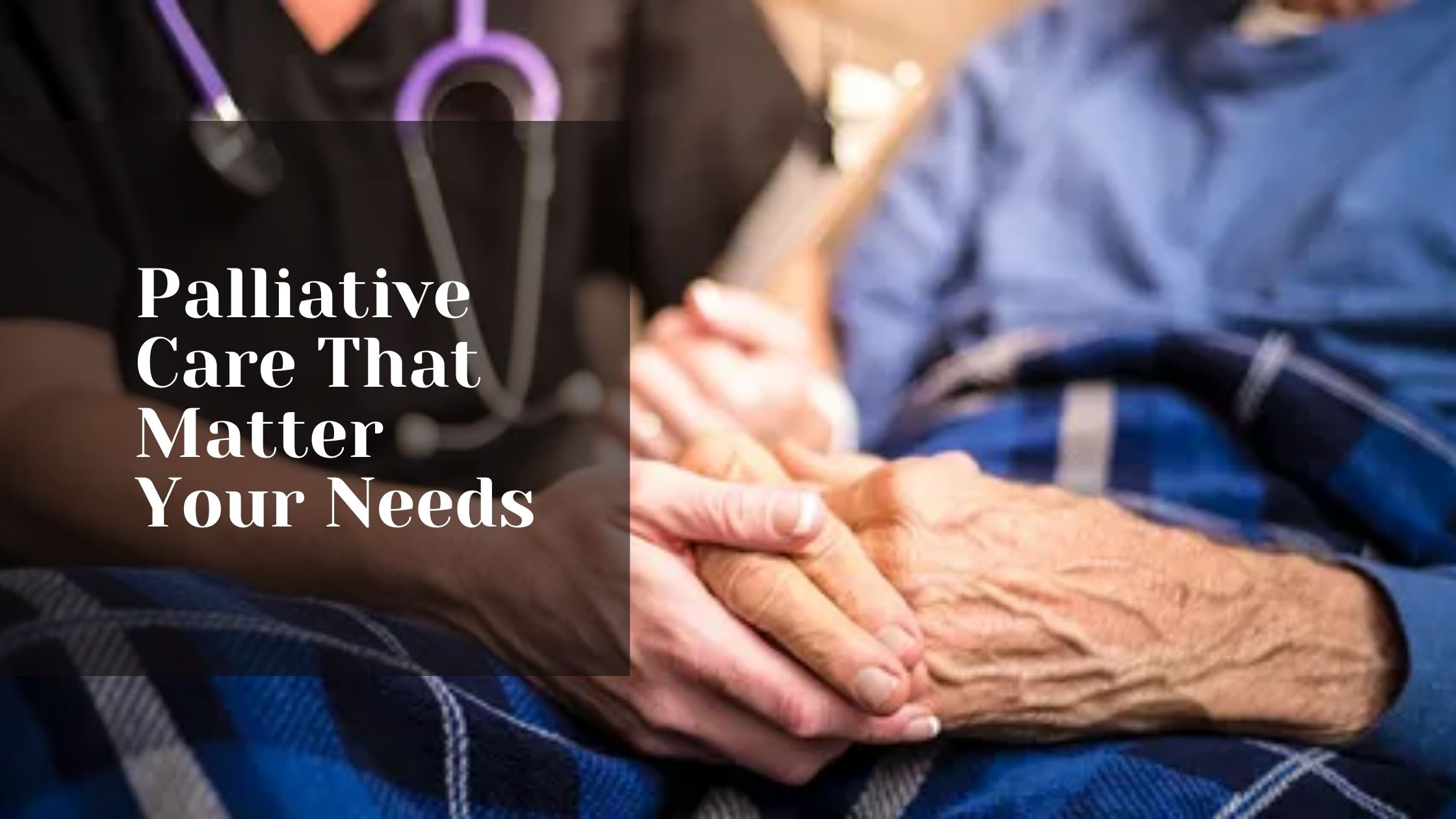If you or a loved one is struggling with illness or advanced age, it can be difficult to know when it’s time to seek out professional help. As someone who has experienced the benefits of palliative care firsthand, I know how important it is for patients and their families to speak with an expert about treatment options and long-term planning. But how do you know when it’s time to talk about Melbourne Palliative Care? Here are some signs that might indicate your loved one needs support from an advanced practice nurse:
Frequent hospitalizations
If you or a loved one has been experiencing frequent hospitalizations, it could be a sign that something is wrong.
It’s important to remember that frequent hospitalizations aren’t always indicative of a serious illness or chronic condition, but they can be causes for concern if they’re associated with other symptoms of ill health.

Dependence on multiple medications
Although you may feel that your loved one is only taking a few medications, the combined effects of all their medications can be strong. Your loved one may need to take as many as 15 pills a day. If they are on more than one medication for pain relief and sleeping problems, it’s even more important that they follow the instructions closely.
The most common problem with taking too many medications is that they can make your loved one feel sick or confused when they’re not taken properly. This can affect their ability to eat and drink, which can result in weight loss or dehydration—a serious condition that requires immediate medical attention! There are also some medications that shouldn’t be mixed together because doing so could cause side effects such as nausea or muscle weakness. It’s important for everyone involved in your loved one’s care (including yourself!) to understand which drugs should always be taken separately from each other, whether it’s because they cannot mix well together or because doing so could cause an overdose if ingested accidentally by someone else who takes both drugs regularly without knowing what might happen if those two different types of medicines were mixed together inside their bodies.
Difficulty sleeping or decreased appetite.
If your loved one is experiencing any of the following symptoms, it may be time for a discussion about palliative care:
- Restless leg syndrome and night terrors
- Sleep apnea, insomnia, and sleep deprivation
- Sleep disorders such as narcolepsy or insomnia
Feeling sad, hopeless, and/or depressed.
The pain of a terminal illness can be difficult to bear. But it’s even more challenging when you have no idea how long you have to live or what your quality of life will be like. Melbourne Palliative Care focuses on improving the quality of life for patients with serious illnesses, providing support for both the patient and their loved ones. peacepeace, and comfort in an otherwise frightening situation by addressing their physical symptoms, emotional needs or spiritual concerns—or all three at once!
Conclusion
If you feel that you or a loved one may need palliative care, it’s important to start the process as soon as possible, the team of highly-skilled professionals can help you.




